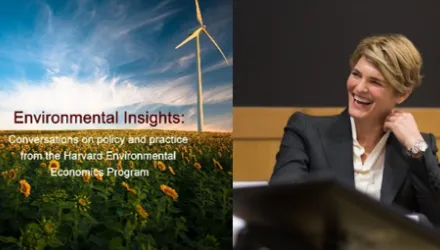Abstract
Global environmental policy-making can be equated with the art of taking difficult decisions in the face of insufficient knowledge of the underlying issues. To help decision-makers cope with such uncertainty, transnational networks of experts have recently offered comprehensive assessments of the state of knowledge in a number of environmental issue-areas, such as climate change, ozone depletion and the conservation of biological diversity. These assessments are intended to represent the consensus of "international science." However, many experts from developing countries argue that this claim of a "global consensual knowledge" is misleading since Southern views and perspectives are not always adequately represented. This paper shows that although many components of global environmental assessments do not seem to be biased in favor of one side or the other, there are yet a number of instances when assessments have been to the disadvantage of or oblivious to the interests of the South. This occurred in a number of ways, such as through excluding certain information from an assessment, framing the problem in a way that supports specific views about the state of the world, or through adopting certain assessment methodologies instead of others. Even if limited, such avenues for biased assessments can have significant impact on North-South relations and on global environmental negotiations, insofar as they fuel the general perception of many actors in the South that the "international science" offered by expert networks cannot be accepted at face value. In concluding, the paper notes the urgent need to enhance participation of developing country experts in global environmental assessments as the first step in enhancing the legitimacy and utility of these international compilations of expert knowledge.



